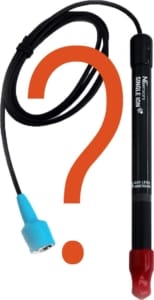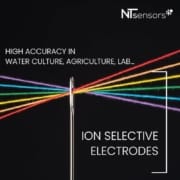Which Types of Ion Selective Electrode to Use?
An Ion Selective Electrode (ISE) is a type of electrode that is sensitive to a specific ion in a solution. ISEs are used in a variety of applications, including electrochemistry, sensors, and analytical instruments.
An ion-selective electrode (ISE) is a sensor that responds to a particular ion in solution by producing an electrical potential. This potential is proportional to the concentration of the target ion. ISEs are used in many different applications, including environmental monitoring, clinical diagnosis, and industrial process control.
There are three main types of ISEs: potentiometric, amperometric, and conductimetric. Each one has its own advantages and disadvantages.
Types of Ion Selective Electrode & applications
Potentiometric ISE measure the potential difference between two electrodes as a function of concentration.
Potentiometric ISE applications include pH measurement, ionic strength measurements, and metal analysis.
Amperometric ISE use a current flow to determine the concentration of ions in solution.
Amperometric ISE applications include glucose monitoring, DNA sequencing, and protein detection.
Conductimetric ISE use a voltage drop across a resistor to determine the concentration of the ions in solution.
Conductimetric ISE applications include heavy metals testing, drug screening, and environmental monitoring.














Comments are closed.